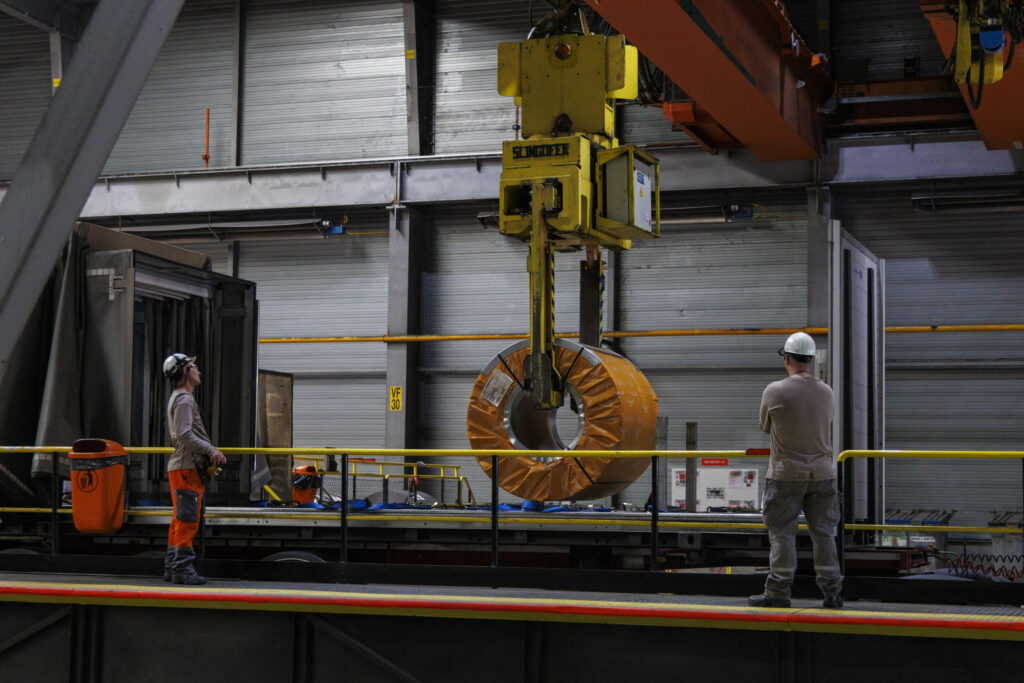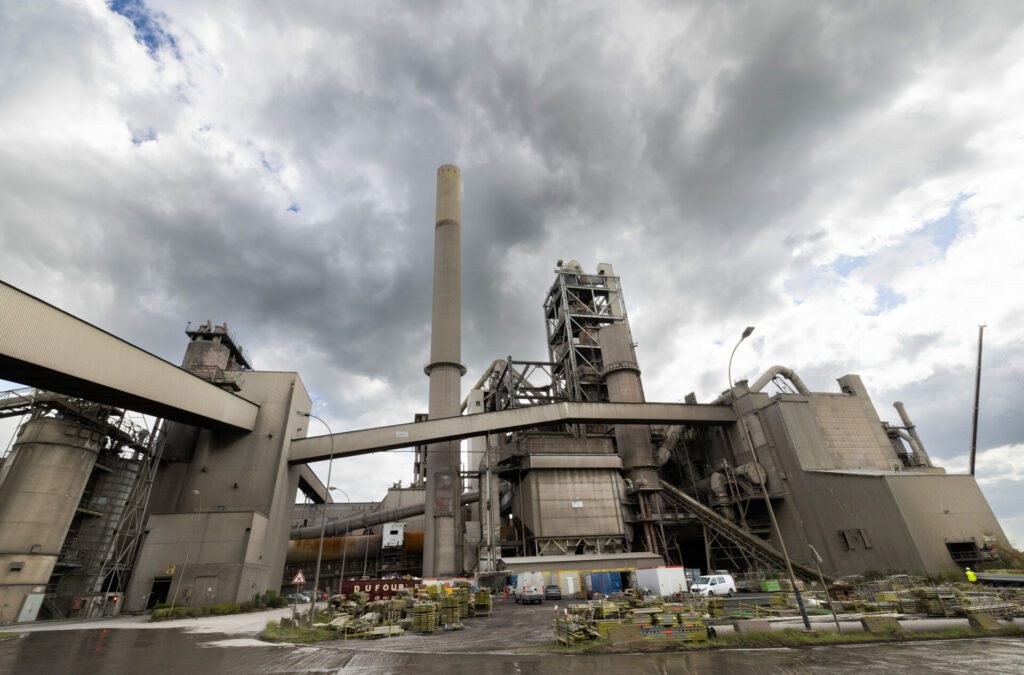Companies across Belgium are still struggling with the high cost of energy, particularly in Wallonia where businesses pay up to 21% more for gas and electricity than those in Flanders.
Business owners in Wallonia are calling out for assistance in the face of unsustainable energy prices that make it hard to compete with rivals in neighbouring countries where energy prices are significantly cheaper. The Walloon business federation AKT highlighted the need for a "coherent and coordinated energy framework" in the region.
Figures from the federal energy regulator CREG, analysed by L'Echo, have shown that businesses in Wallonia pay between 15% and 21% more for gas and electricity than those in Flanders. In particular, taxes on gas prices are 3.5 times higher in Wallonia than in Flanders, driving up costs for businesses in Belgium's southern region.
Jérôme Rutté, energy and climate advisor at AKT, confirmed that energy prices are indeed higher in Wallonia but told The Brussels Times that the difference is not the same for all companies. "It depends on the amount of energy they consume as well as the type of network to which they are connected (a distribution network or transport network)."
Large energy-consuming companies in Wallonia can be connected straight to the transmission network, which means they do not have to pay distribution costs.
Rutté highlighted that the main cost differences between Wallonia and Flanders are for smaller companies on the distribution networks, that bear more of the costs of distributing energy, as well as facing other taxes and surcharges.

The ArcelorMittal steelworks in Ghent, May 2024. Credit: Belga
Squeezing Belgian profits
The peak of the energy crisis has passed but companies are still suffering from the high cost of energy, Rutté says. He highlights gas, which still costs twice as much on Europe's wholesale market as before the pandemic and represents an ongoing financial burden.
The specialist advocates for a "coherent and coordinated energy framework" in Wallonia to support businesses in transitioning to a low-carbon economy while maintaining competitiveness. "This must make energy predictable and affordable and close the price gaps between regions."
AKT is calling for the Federal Government to implement the energy standard mechanism whilst at the regional level, the Walloon government must extend the federal energy standard to the regional components of the electricity bill.
The energy standard mechanism was proposed in Belgium's national energy and climate plan as a means of ensuring that the cost of energy in Belgium is not higher than in neighbouring countries. It will serve as a vital instrument to help safeguard Belgium's business edge and by extension the purchasing power of households.
Staying in the international race
Olivier Douxchamps is plant manager at Knauf Insulation's site in Visé, Wallonia. The factory produces glass wool for insulation – an energy-intensive process that involves melting glass at 1,200 - 1,400°C. Douxchamps says that businesses both in other regions and other countries "have much cheaper energy".
"The country with the cheapest energy around us is France. When I compare the same plant in [Belgium and] the south of France, electricity there is almost half the price. There is a small difference between Wallonia and Flanders and that really must be addressed. But the toughest competition is in relation to foreign countries. That's where we're going to lose companies."
"We're selling insulation and the market is difficult, we need to offer the most attractive prices. When we have to compete with foreign countries our manufacturing costs are higher and energy accounts for 25% of our manufacturing costs. It has a big impact."
Related News
- Gas prices spike: Is it time to change contract?
- Businesses in Wallonia pay more for energy than in Flanders
- Europe's green future depends on saving the energy debate from a 'dogmatic sect'
France's lower energy prices are partly thanks to its nuclear capacity. Douxchamps believes it would be "madness" for Belgium to follow through on its plans to phase out nuclear power, without an alternative solution to provide competitively-priced energy. He is also concerned about how the burden of high energy costs will be amplified by the cost of reducing emissions and electrifying factory processes.
"Other countries have a strategy where they help industries to electrify their processes... we need to have a CO2 reduction strategy that makes sense, with [government] support as other countries are doing." Douxchamps says his business is also up against companies located outside the EU that may not have to invest in meeting CO2 reduction targets, though the EU's Emissions Trading System is designed to mitigate these challenges.

